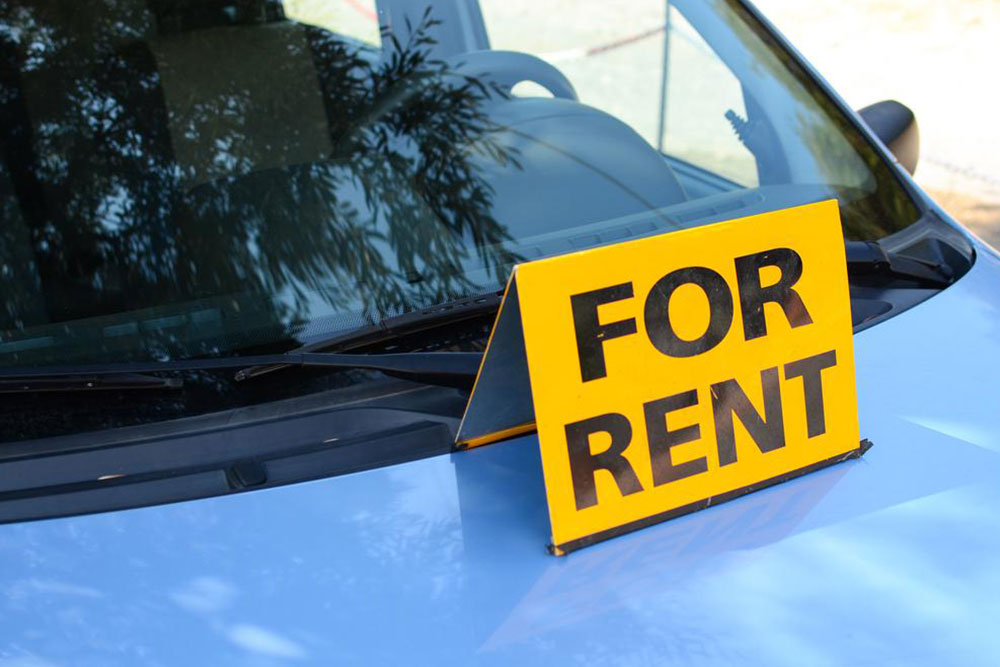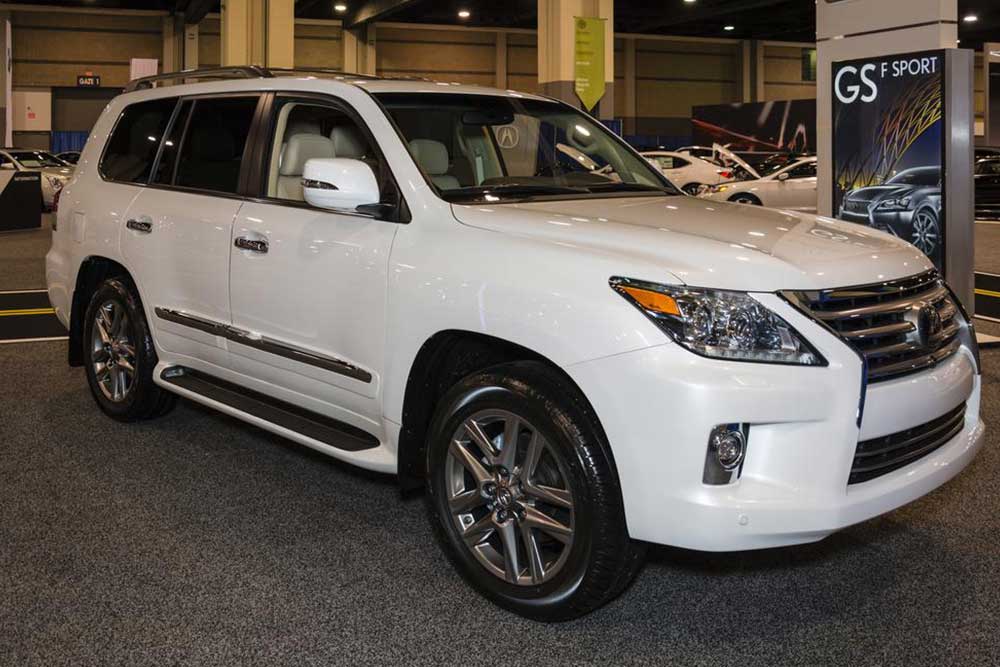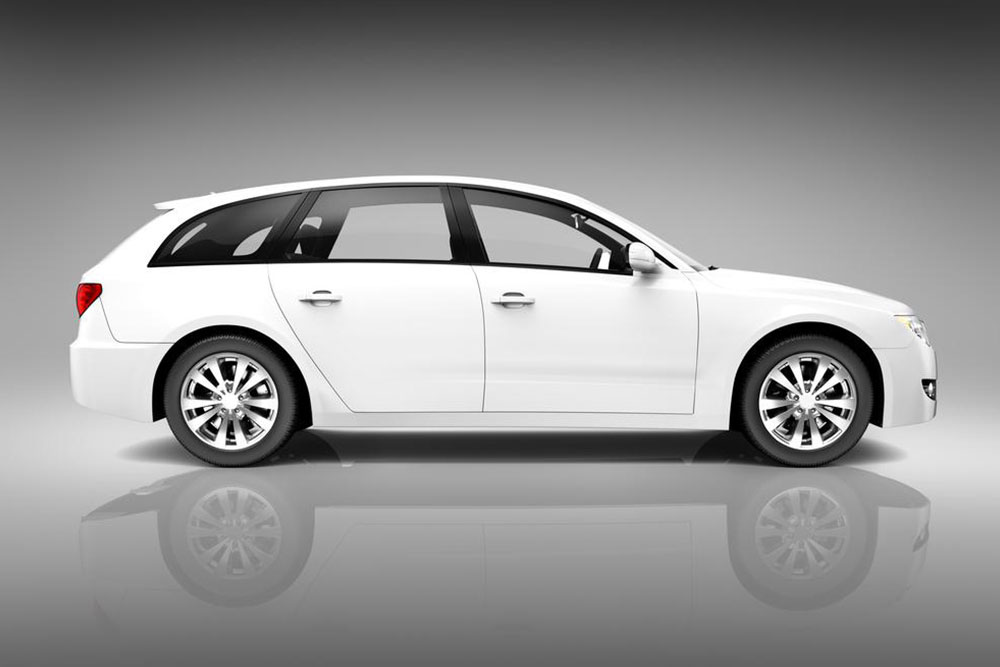Essential Guide to Insuring Your Leased Vehicle
Leasing a vehicle offers affordability and access to newer, luxury models. However, proper insurance is a must-have, covering liability, collision, and comprehensive protection. Lease agreements usually require higher coverage levels than minimum legal standards. From start to finish, ensuring your leased car is appropriately insured is essential for your peace of mind and compliance with lease terms.

Essential Guide to Insuring Your Leased Vehicle
Opting to lease a car instead of buying offers many benefits, including lower upfront costs. Leased cars are often newer models, allowing you to enjoy luxury and comfort without the hefty purchase price. With favorable interest rates, leasing has become an attractive option for many drivers. During the lease period, you have the opportunity to drive a top-tier vehicle and return it once the lease ends.
But how do you ensure proper insurance coverage? Is it similar to rental car insurance or ownership coverage? The reality is, leased vehicles require dedicated insurance from the start, and it’s typically a lease requirement.
Leased car insurance is mandatory to protect both the leasing company and the driver. It’s essential to secure comprehensive coverage that matches the make and model of your lease. Most lease agreements necessitate liability coverage exceeding state minimums, along with collision and comprehensive insurance. Unlike car owners, lessees cannot opt out of these protections, ensuring the vehicle is safeguarded throughout the lease period.
Note:
Our blog provides valuable insights across various topics, but the information should not be considered conclusive. Readers are encouraged to verify details and explore additional schemes or offers for their specific needs. The website is not responsible for discrepancies or updates outside the provided content.










